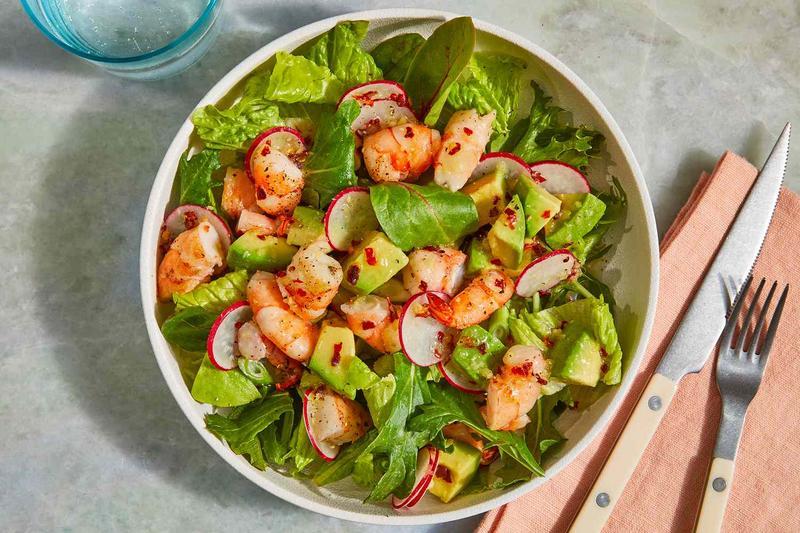How to Enjoy a Low-Calorie Dinner Without Feeling Hungry at Night
Opting for a low-calorie dinner is a great step towards embracing a healthier lifestyle. Many, however, hesitate due to concerns about late-night hunger. Fortunately, with the correct balance of nutrients, your dinner can be both low in calories and extremely satisfying. This article dives into comprehensive strategies to help you enjoy a filling low-calorie dinner while maintaining your health goals without feeling deprived.
Understanding the Basics of a Low-Calorie Dinner
Low-calorie meals don’t require compromising on taste or satiety but rather making informed nutritional choices. Here are crucial factors to consider:
- Balanced Macronutrients: Ensure your meal has a balanced mix of proteins, carbohydrates, and fats. Proteins increase satiety, fats aid in slow digestion, while complex carbohydrates provide lasting energy.
- High Volume, Low Energy Density: Integrate foods with low calorie but high volume such as vegetables and fruits. These foods help fill up your stomach with fewer calories.
- Avoid Empty Calories: Avoid foods and drinks high in sugar and low in nutritive value, as they contribute negligible dietary benefits but significant calories.
Meal Planning for a Satisfying Night Low Calorie Dinner
Appropriate meal planning can help you create enjoyable and filling low-calorie dinners. Consider incorporating:
- Include Lean Proteins: Opt for lean proteins like chicken breast, turkey, tofu, or legumes. These not only help in preserving muscle mass but also extend satiety.
- Choose Fiber-Rich Foods: Foods rich in fiber like quinoa, brown rice, and vegetables such as broccoli and spinach enhance digestion and prolong fullness.
- Healthy Fats: Including modest amounts of healthy fats to your dinner, like avocado, nuts, and olive oil, adds flavor and increases satisfaction.
Sample Recipes for Your Night Low Calorie Dinner
Implement the principles of a balanced, low-calorie dinner with these recipe ideas:
- Grilled Chicken with Quinoa and Steamed Vegetables: Pairing lean grilled chicken with fiber-rich quinoa and a variety of vegetables ensures a nourishing and complete dinner.
- Vegetable Stir-Fry with Tofu: Combine a variety of vegetables and tofu in a light soy or teriyaki sauce for a delicious, nutrient-packed dish.
- Baked Salmon with Asparagus: Salmon is rich in Omega-3 fatty acids and pairs beautifully with asparagus for a fulfilling meal.

Tips to Avoid Feeling Hungry After Dinner
To further prevent the sensation of hunger after a low-calorie meal, follow these tips:
- Stay Hydrated: Thirst can often be mistaken for hunger. Drinking adequate water throughout the day can curb this false hunger.
- Chew Slowly and Mindfully: Eating slowly assists in better digestion and helps you to feel full by enabling you to detect satiety cues more accurately.
- Avoid Late-Night Eating: Establish a specific cut-off time for eating to allow your body ample time to digest before you sleep.
The Role of Snacks In Your Night Routine
If hunger strikes after dinner, choose snacks like a small bowl of Greek yogurt with berries or a handful of almonds, which are low in calories but high in nutrients.
Maintaining a Consistent Meal Schedule
Adhering to a regular meal schedule can greatly stabilize your metabolism and hunger hormone levels, aiding in the adherence to your low-calorie night dinner regimen.
Conclusion
Creating a nutritious and enjoyable night-time meal that is low in calories but high in satisfaction is achievable with thoughtful planning and a strategic approach. Focus on nutrient-rich foods, monitor your portion sizes, and select wholesome snacks when necessary. Implement these methodologies into your routine to bolster your health effectively and reach your fitness goals.
